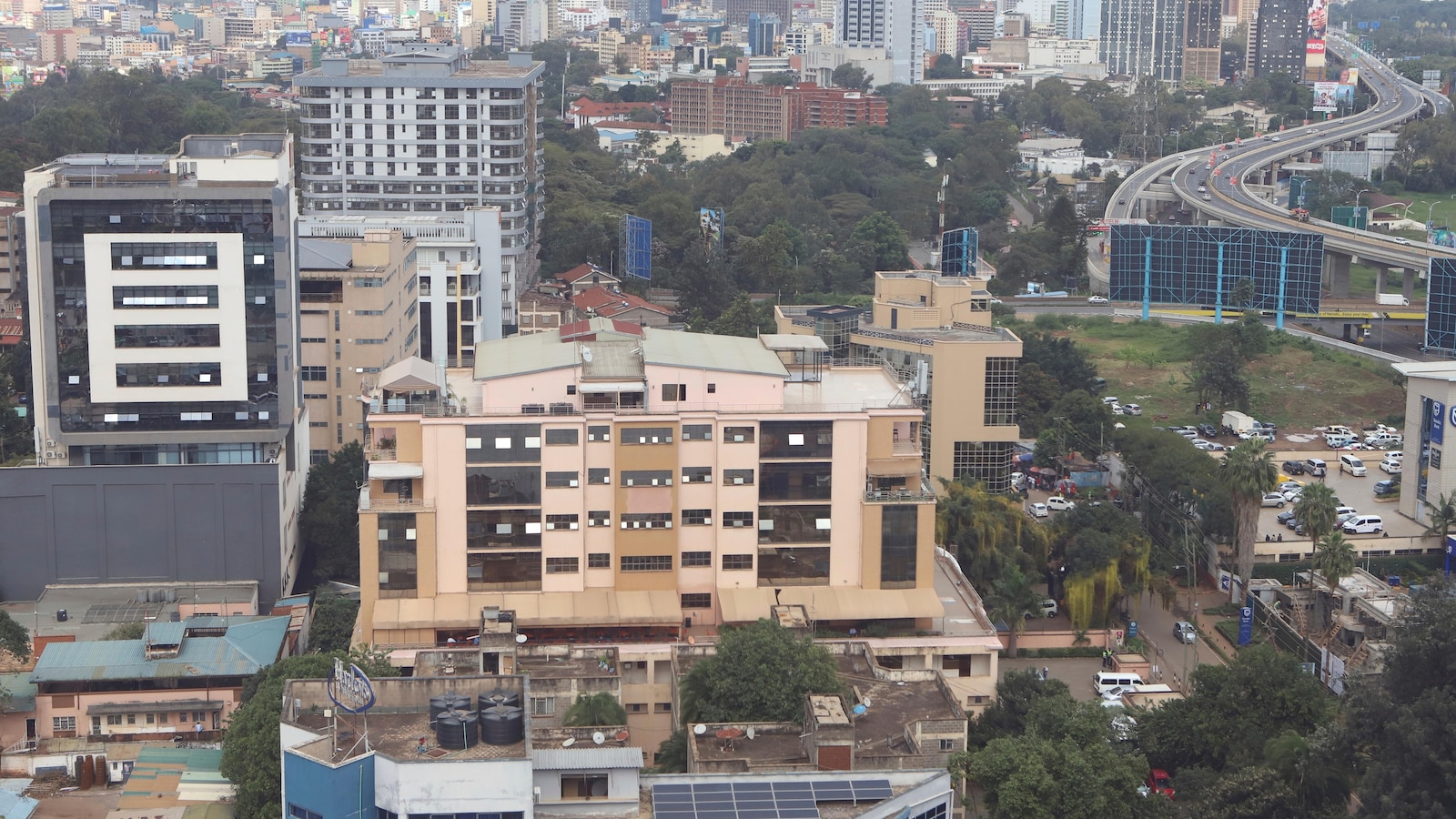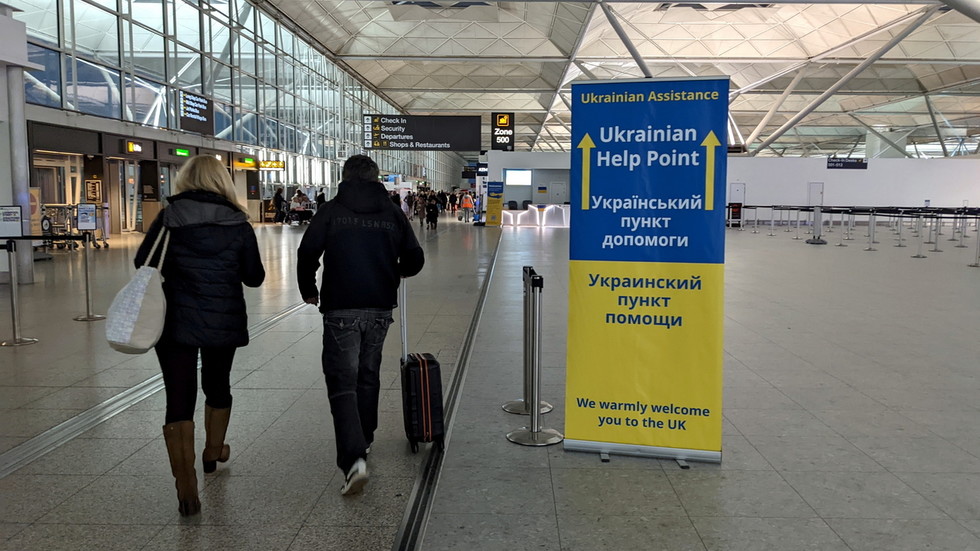
Sir Keir Starmer and European Commission President Ursula von der Leyen (Image: GETTY)
Eurocrats are preparing to treat Britain as a “cash cow” under a controversial £130 billion EU defence fund, with a Brussels insider claiming the bloc sees Sir Keir Starmer as a “pushover” rather than a genuine partner. The warning comes as the Prime Minister prepares to negotiate UK participation in the Security and Action for Europe (SAFE) fund—part of the EU’s wider £700 billion effort to rearm itself in response to growing threats from Russia and other hostile actors.
The SAFE fund, expected to launch formally this summer, will offer low-interest loans to member states for joint procurement of weapons, ammunition, and defence systems. While British companies would theoretically be eligible to bid for contracts, the EU has made it clear that access will not come free—and that non-member countries like the UK will have to pay for the privilege. Under the proposed terms, any British firm awarded a SAFE-backed contract would trigger an obligation for the UK Government to contribute an equivalent share back into the fund.
That contribution would effectively subsidise the rest of the scheme without granting Britain - one of the few nations to consistently hit NATO spending targets over the years - any voting rights over how the money is spent.
Frank Furedi, Executive Director of the think tank MCC Brussels, warned: “EU powerbrokers see Starmer as a pushover—desperate for approval and ready to sell out British interests to curry favour in Brussels.
“They view the UK not as a partner, but as a cash cow—ripe for exploitation.
"And they’re counting on him to hand over billions just for the ‘honour’ of joining their EU Defence Fund, plugging their financial holes at Britain’s taxpayer’s expense.”

Britain is one of the few NATO countries to hit spending targets in recent years (Image: Getty)
The UK’s involvement in the fund stems from a broader shift in foreign policy under Sir Keir’s leadership. His Government has already agreed to a new EU–UK “Security and Defence Partnership” aimed at increasing coordination on cyber threats, hybrid warfare, and strategic planning.
That deal, signed in May, included a political agreement for the UK to begin negotiations on SAFE participation, but final terms have yet to be settled.
A second agreement, expected to be thrashed out in the coming weeks, will determine the financial and legal obligations of British involvement.
However, several EU member states are seen as already pushing to extract as much money as possible from the UK. France, in particular, is said to favour a significant British contribution, while Germany is understood to be advocating for more flexible terms.
Ursula von der Leyen addresses the European Defence Agency
Complicating matters further is the EU’s strict content requirement: to qualify for SAFE funding, at least 65% of a project’s components must come from within the bloc or from participating states. That leaves British firms with, at most, a 35% share—unless a separate supply chain deal is agreed upon.
Defence industry insiders warn that this structure will make it difficult for UK companies to compete on equal footing, even if they are technically eligible to bid.
Despite growing concerns, Downing Street has signalled a willingness to press ahead in line with Sir Keir’s keenness for a “reset” with the bloc.
The Government is understood to see involvement in SAFE as a strategic opportunity to influence European defence policy and open new markets for UK firms.
Invalid email
We use your sign-up to provide content in ways you've consented to and to improve our understanding of you. This may include adverts from us and 3rd parties based on our understanding. You can unsubscribe at any time. Read our Privacy Policy

 18 hours ago
2
18 hours ago
2









 English (US) ·
English (US) ·